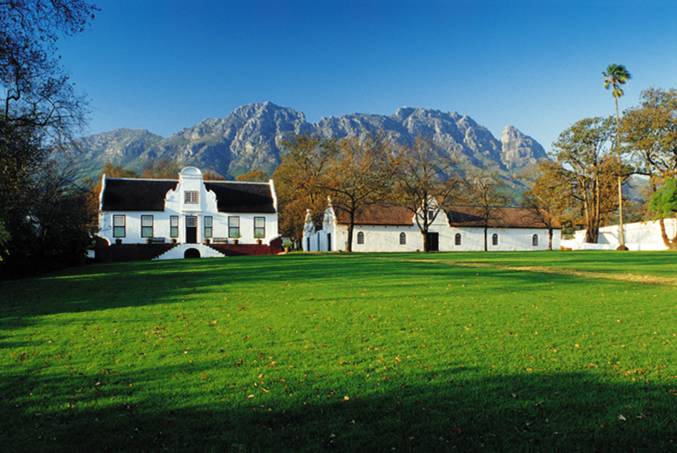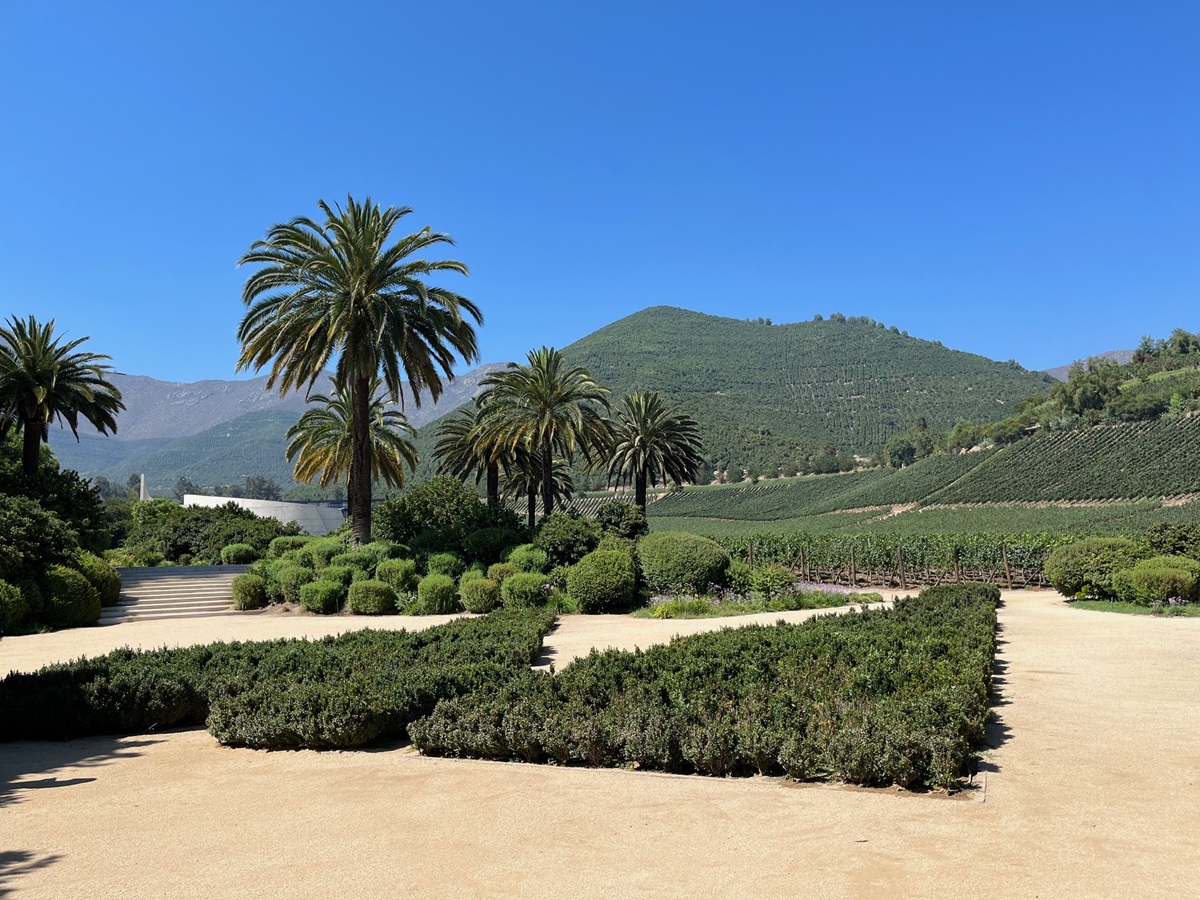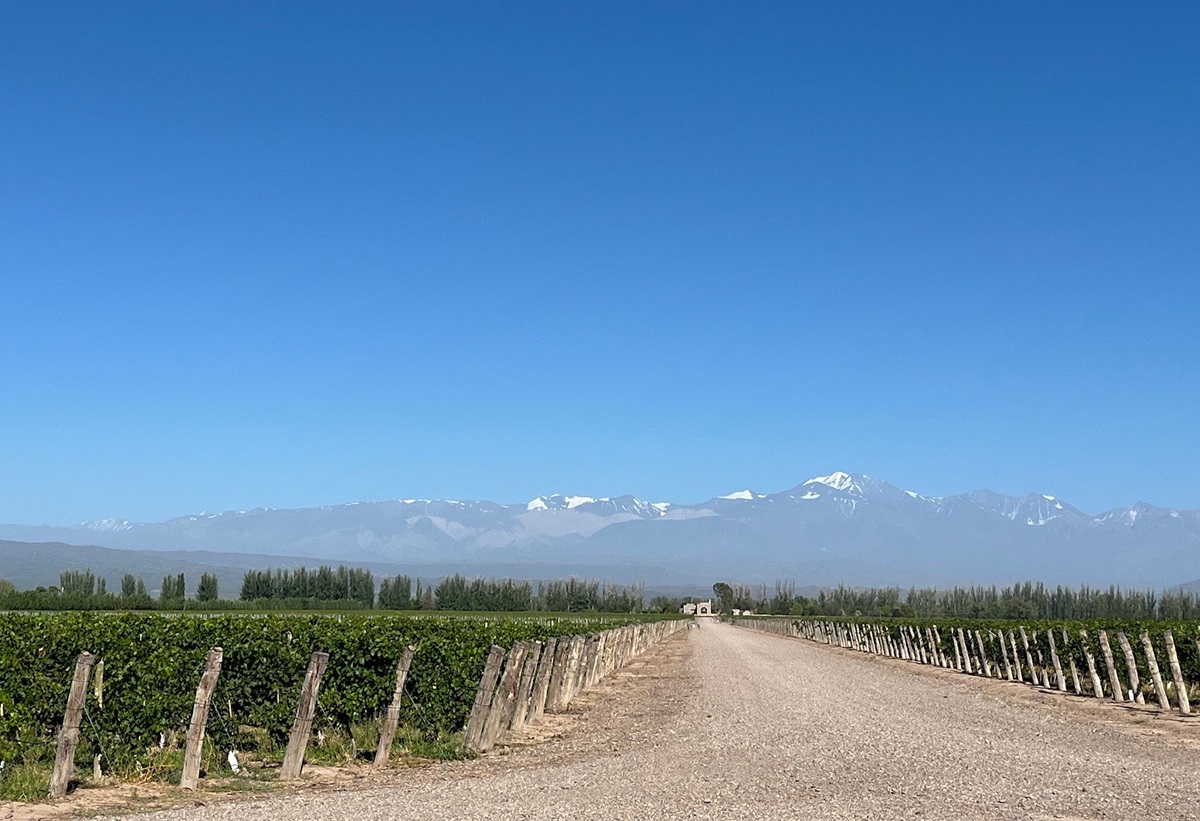RISING STAR IN THE MOSEL
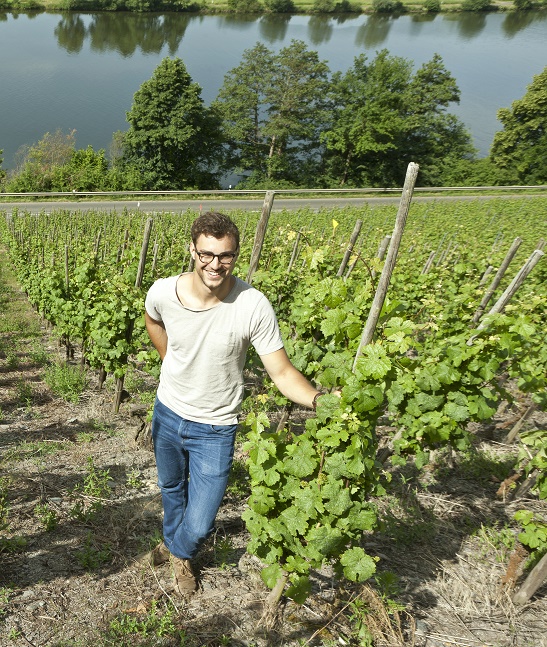
By Rose Murray Brown MW Published in The Scotsman 25 July 2020
Imagine drinking a wine made from vines planted in the reigns of Queen Victoria and Tsar Nicholas II – and the year of the first modern Olympic Games – in 1896.
This dry Riesling made from 124-year-old vines grown on the steep Maximin Herrenberg vineyard (pictured) just north of Trier in Germany’s Middle Mosel, is extraordinary. Yields are tiny and the berries are so small, but the wine quality is superbly intense with its length of flavour – yet the wine sells in the UK for just £26 per bottle.
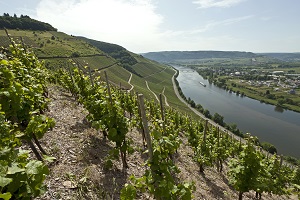 The curator of these historic vines is one of Mosel’s rising stars, young winemaker Christopher Loewen, the eighth generation to run the small family Weingut Carl Loewen in Leiwen village.
The curator of these historic vines is one of Mosel’s rising stars, young winemaker Christopher Loewen, the eighth generation to run the small family Weingut Carl Loewen in Leiwen village.
“Every winter the vines look dead – with holes in the trunks, so twisted and gnarled and you cannot believe something will grow – but each summer the vines burst into life again”, says Loewen.
These old vines, still in their original state, are ungrafted. According to Loewen, the phylloxera louse cannot manoeuvre on these precipitiously steep slate and stony soils. Today all new vineyards in Germany are planted grafted onto American rootstocks to prevent the spread of phylloxera.
“Ungrafted vines do grow slower and weaker”, says Loewen. “We harvest them later with lower sugar concentration and better (higher) acidity which leads to wines with more complexity, rather than power, lower in alcohol – but so long in the finish”, he says.
Loewen’s winery dates back to Napoleonic times, founded in 1803, but only recently began specialising in old ungrafted vines and steep slopes. “When my father Karl Josef inherited the business, he had one hectare; we now have 15 hectares scattered across 200 plots in four villages including our Maximin Herrenberg parcel – the oldest Riesling vineyard of its size in the world”, he says.
His father Karl Josef had been very astute buying up steep slopes and old vines in 1980s and 1990s, when vignerons were abandoning Mosel’s slopes for flatter land easier to mechanise. Today Maximin Herrenberg with its unique red slate soils, classified in the highest vineyard category on the C19 Prussian tax maps, is their flagship vineyard – but it is not their only century-old vineyard.
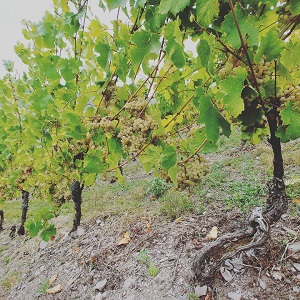 On even steeper inclines are Loewen’s Laurentiuslay and Thornicher Ritsch vineyards both with 100+-year old ungrafted vines. Ritsch is Germany’s second steepest with 70% gradient, still in its original profile with countless walls and ledges of brittle grey slate, as there was no ‘Flurbereinigung’ land reconstruction here.
On even steeper inclines are Loewen’s Laurentiuslay and Thornicher Ritsch vineyards both with 100+-year old ungrafted vines. Ritsch is Germany’s second steepest with 70% gradient, still in its original profile with countless walls and ledges of brittle grey slate, as there was no ‘Flurbereinigung’ land reconstruction here.
Up until WW2 Ritsch was among the most renowned sites in the Mosel. The Loewens are now restoring it to its former glory. As in all their steep vineyards, vines are trained traditionally on single poles and can only be hand-worked – with no roads due to the brittle soils.
“Few of the younger generation want to work these slopes as they are so labour intensive”, says Loewen. “Recently a new caterpillar-tyre tractor invention, which we winch up and down, has helped us but only if there is a road above. We use a mono-rail system, made by a ski-lift company, to transport people up and grapes down during harvest – but most work is done by hand”.
Before taking over his family estate, Christopher Loewen worked at top wineries including Karthauserhof and Maximin Grunhaus in Ruwer valley, Clemens Busch upriver in Terrassenmosel, as well as Riesling producers Hermann J Weimer in New York’s Finger Lakes and Felton Road in New Zealand.
But it was whilst studying winemaking at Geisenheim university that he had an inspired idea to make the wines exactly as they were made a century ago, when Mosel wines were rated as the most expensive wines of the world.
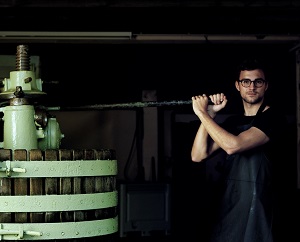 Loewen purchased an old manual basket press to press grapes in whole clusters, before spontaneous fermentation and ageing in a single 1000 litre fudre cask (1,300 bottles) – labelling the wine as Maximin Herrenberg 1896 ‘Black Label’ – all made using his low intervention ethos.
Loewen purchased an old manual basket press to press grapes in whole clusters, before spontaneous fermentation and ageing in a single 1000 litre fudre cask (1,300 bottles) – labelling the wine as Maximin Herrenberg 1896 ‘Black Label’ – all made using his low intervention ethos.
“For all our wines we use no additions, no fining, no sugar, no cooling or heating – everything is natural and pure”, says Loewen.
All Christopher Loewen’s wines are a revelation – even his entry level Varidor dry Riesling – made from lower slopes near Leiwen planted with ‘massale selection’, from vine cuttings selected from their 100-year-old vineyards, rather than from bought-in clones. This wine should any doubters of the value and quality of modern dry Mosel Riesling.
In World Atlas of Wine, Jancis Robinson MW highlights Weingut Carl Loewen as a name to watch, as one of the under-rated stars of southern Middle Mosel.
With such a talented dedicated young winemaker like Christopher Loewen, with his focused natural approach in the cellar and strict organic practises, these prized century-old Mosel vineyards are now scaling new heights.
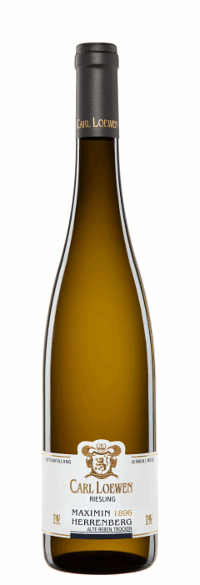 DRY: VARIDOR RIESLING TROCKEN ‘MASSALE SELECTION’ 2015 (12.5%) ***GOOD VALUE***
DRY: VARIDOR RIESLING TROCKEN ‘MASSALE SELECTION’ 2015 (12.5%) ***GOOD VALUE***
£14.99 Raeburn Fine Wines www.raeburnfinewines.com 0131 343 1159
Absolute bargain at this price, quality and maturity. Floral bouquet, limey, appley, minerally – beautifully crisp flinty bone dry Mosel Riesling which shows how good German dry Rieslings can be with bottle age.
DRY: MAXIMIN HERRENBERG 1896 RIESLING TROCKEN ALTE REBEN ‘WHITE LABEL’ 2016 (12%) ***STAR BUY***
£26 Raeburn Fine Wines
An absolute steal at this price. From this legendary south-facing vineyard planted with 124 year-old-vines: spicy grapefruit and lemon zest bouquet, succulent crystalline yellow fruits, hints of salinity, lingering length and dry finish.
DRY: MAXIMIN HERRENBERG 1896 RIESLING TROCKEN ALTE REBEN ‘BLACK LABEL’ 2016 (12%)
£43.50 Raeburn Fine Wines
Made in the original way in the old basket press – a more intense exotic version of white label – from the oldest Riesling vineyard in the world of this size (not tasted).
MEDIUM-DRY: HERRENBERG RIESLING KABINETT 2016 (9%)
£16.99 Raeburn Fine Wines
Beautifully balanced just off-dry Kabinett from higher cooler slopes of Maximin Herrenberg: light petrol notes, rich mango, stone fruits and honeyed palate; excellent example of Kabinett from ripe fruity 2016.
Join Rose’s Hidden Gems of France Virtual Wine Tasting with L'Art du Vin on Saturdays 15 & 22 August booking link here
wine tastings
The perfect gift for the wine enthusiast in the family. Rose does In-person tastings too.
cellar advice
Rose does cellar valuations for private clients, valuations for insurers & bespoke portfolio management.
Related stories
March 31, 2024
By Rose Murray Brown MW Published in The Scotsman 30 March 2024 On 2 February 1659, the first wine made from grapes grown in South Africa was crafted by the Governor of the Cape, Jan van Riebeeck. He had planted vines four years earlier in the Company’s Garden near Cape Town from cuttings imported from France. Van Riebeeck’s first
March 24, 2024
By Rose Murray Brown MW Published in The Scotsman 16 March 2024 Heatwaves and bushfires were very much on the agenda when I visited Chile last month as winemakers prepared for their 2024 harvest in blistering heat and drought, with a plume of smoke from the devastating fires lingering over coastal hills. Heat and drought are the greatest challenges
March 23, 2024
By Rose Murray Brown MW Published in The Scotsman 9 March 2024 I have two glasses of Malbec in my hands from the same high-altitude vineyard in Uco valley in Argentina. I am in the Catena Institute of Wine in Mendoza with winemaker Agustin Silva. He has asked me to taste the two wines, both from the 1500m high

